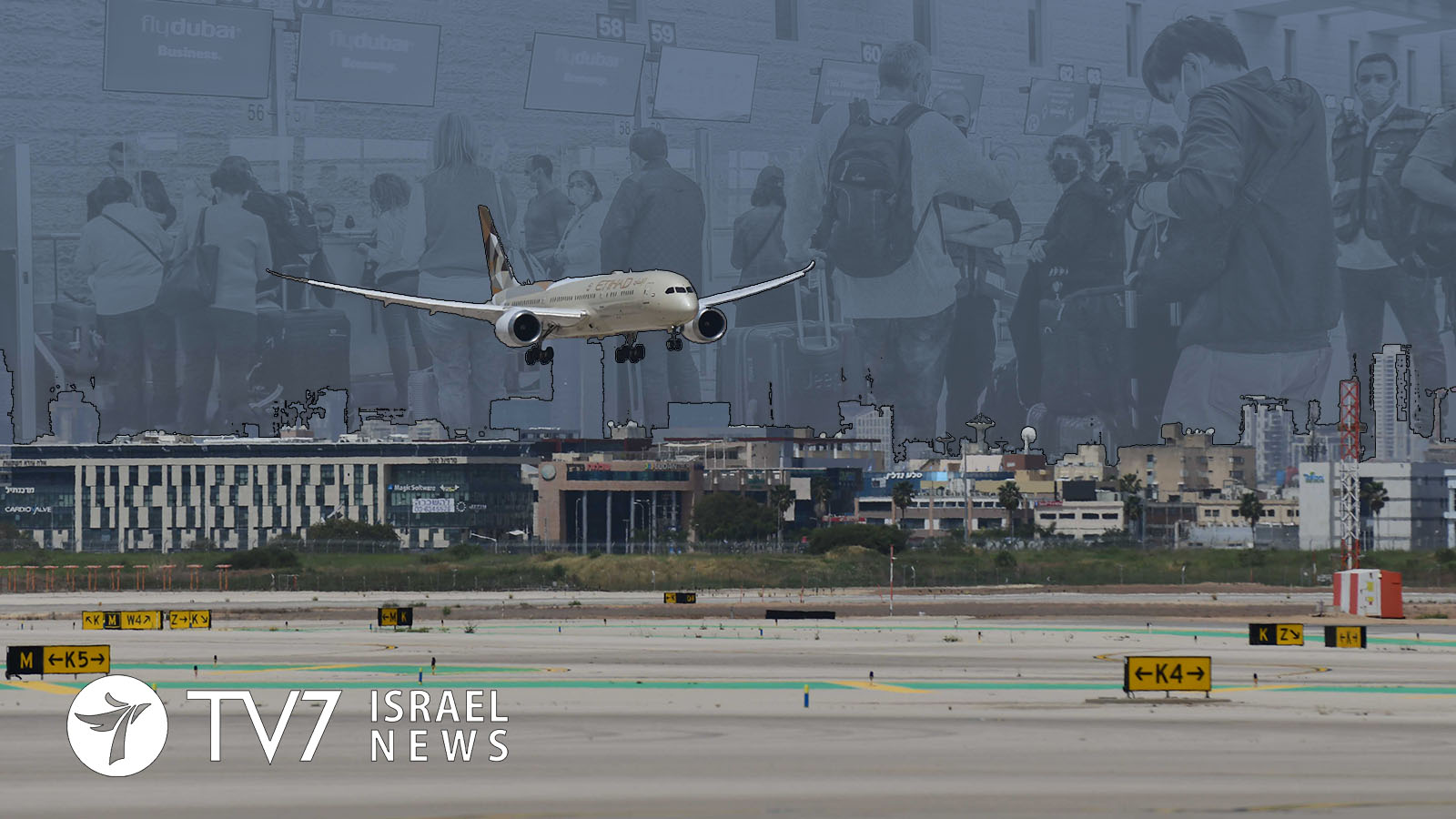As Israel further relaxes curbs against the coronavirus pandemic, non-citizens may again visit the country under limited circumstances.
Conditions on entry include the presence of “first degree” relatives such as parents or children, approval of an application process, and documentation that the visitors have been vaccinated and are virus-free.
The development marks the first time non-Israelis are being permitted to cross national borders since the outbreak of COVID-19.
Many trans-national families are welcoming the lifting of the restriction, which precluded participation in life events such as weddings, births, Bar and Bat mitzvahs (coming of age ceremonies) and funerals of their loved ones in Israel.
Meanwhile, a new Israeli study is warning that the coronavirus variant discovered in South Africa may evade the protection provided by Pfizer/BioNTech coronavirus vaccine to some extent.
The research, which has yet to be peer reviewed, is based on real-world data analyzed by the Tel Aviv University and Israel’s largest healthcare provider, Clalit.
The study compared two separate vaccinated and unvaccinated groups of 400 infected patients each. The B.1.351 South African variant was found to make up about 1% of all the COVID-19 cases.
But among patients who had received both vaccine doses – the variant’s prevalence rate was found to be 8 times higher than those who were unvaccinated: at 5.4% versus 0.7% respectively.
“We found a disproportionately higher rate of the South African variant among people vaccinated with a second dose, compared to the unvaccinated group,” Tel Aviv University’s Adi Stern told Reuters, explaining that, “This means that the South African variant is able, to some extent, to break through the vaccine’s protection.”
The researchers cautioned, though, that the study only had a small sample size of people infected with the South African variant because of its rarity in Israel.
Pfizer has so far declined to comment on the Israeli study.
Israel has managed the world’s fastest vaccine roll-out, with nearly 53% of the 9.3 million population having been administered both Pfizer shots.
